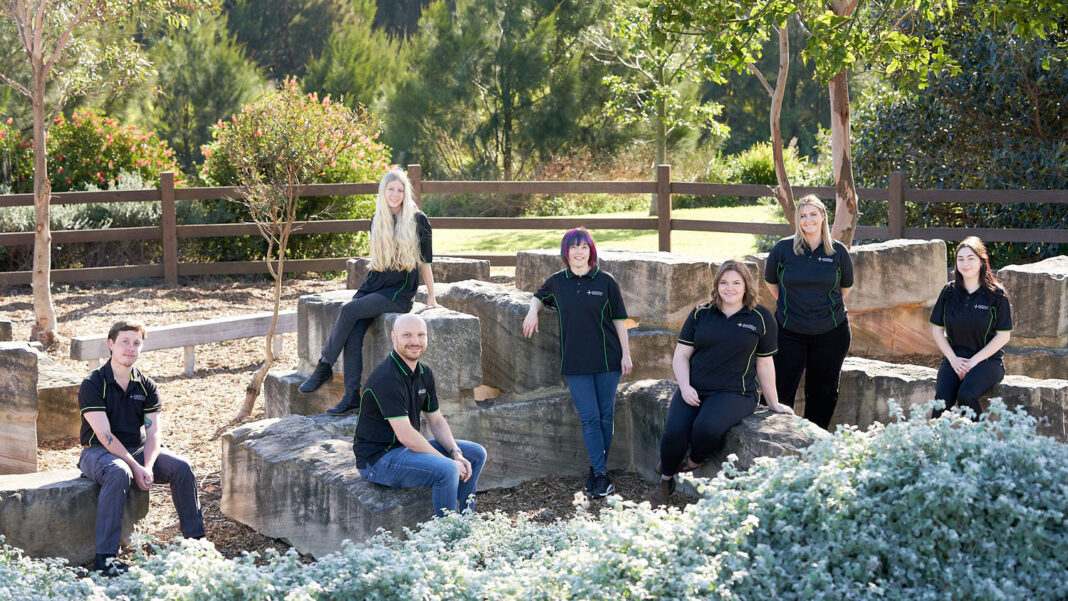In recent years, ride-hailing services have grown exponentially, fundamentally changing the way people approach transportation. With companies like Uber, Lyft, and other regional players offering easy, affordable, and on-demand rides, many individuals are rethinking the necessity of personal vehicle ownership. This shift is not only affecting how people travel but is also reshaping the future of car ownership itself. As these services continue to evolve, the traditional model of owning a car may no longer be as dominant as it once was.
The Rise of Ride-hailing Services
Ride-hailing services emerged as a convenient alternative to traditional taxis, offering a more flexible and user-friendly transportation option. With just a few taps on a smartphone app, users can book a ride, track their driver, and pay digitally. This ease of access has led to the widespread popularity of these services, especially in urban areas where parking and traffic congestion are constant challenges.
The flexibility of ride-hailing is a major factor in its appeal. Whether for commuting, running errands, or social events, users can call for a ride without worrying about parking, vehicle maintenance, or fuel costs. This growing reliance on ride-hailing platforms is one of the key factors influencing the decline in personal car ownership in certain demographics, particularly among younger, urban populations.
Convenience Over Ownership
One of the most significant shifts caused by the rise of car-hailing is the prioritization of convenience over ownership. In the past, owning a car was considered a symbol of independence and freedom. However, with the convenience of ride-hailing, many individuals are finding that they do not need to own a vehicle to access transportation when needed.
The financial burden of car ownership—including the costs of purchasing, insuring, fueling, and maintaining a vehicle—has made ride-hailing an attractive alternative. For those living in densely populated cities where public transportation and ride-hailing options are abundant, the costs of owning a car often outweigh the benefits. As a result, many people are choosing to forego car ownership altogether, relying instead on ride-hailing services as their primary mode of transportation.
Environmental Considerations
Another factor contributing to the decline in car ownership is growing environmental awareness. Many individuals are becoming more conscious of their carbon footprint and are seeking ways to reduce their environmental impact. Ride-hailing services, particularly those offering electric or hybrid vehicles, provide an opportunity to reduce the number of cars on the road, which can help decrease emissions and traffic congestion.
Additionally, some auto-hailing companies are actively promoting greener alternatives by incorporating electric vehicles (EVs) into their fleets. This shift toward cleaner, more sustainable transportation options aligns with the broader global push for environmental sustainability and may further reduce the demand for personal car ownership in the coming years.
Changing Ownership Trends with Junkyard Options
The rise of car-hailing services is reshaping traditional car ownership, reducing the need for personal vehicles. As fewer people buy cars, older and unused vehicles are increasingly sold to accident car removals Sydney or for scrap. This shift encourages sustainable practices in the junkyard industry, as more cars are dismantled and recycled. Individuals opting for shared mobility services can easily benefit from cash for cars programs, transforming old cars into a convenient financial return while promoting responsible disposal.
Financial Benefits of Ride-hailing
The financial advantages of using auto-hailing services instead of owning a car are becoming increasingly evident. For many, the costs associated with car ownership—monthly payments, insurance premiums, fuel expenses, and regular maintenance—represent a significant portion of their income. In contrast, ride-hailing allows individuals to pay only for the transportation they use, eliminating the fixed costs of ownership.
For those who do not drive frequently, ride-hailing is a more cost-effective solution. The ability to avoid the long-term financial commitment of car ownership while still having access to transportation when needed is a compelling factor that is reshaping the way people think about owning a vehicle. This shift is particularly noticeable among younger generations, who are more likely to embrace the concept of “mobility as a service.”
Impact on Car Sales and the Automotive Industry
As more people opt for ride-hailing over car ownership, the automotive industry is beginning to feel the impact. Traditional car manufacturers are experiencing a decline in sales, particularly in markets where car-hailing services are most popular. In response, many automakers are adapting by diversifying their business models to include partnerships with auto-hailing companies and exploring new mobility solutions.
Some manufacturers are even investing in developing autonomous vehicle technology, which could further disrupt the car ownership model. Self-driving cars could be integrated into car-hailing fleets, providing even more convenient and efficient transportation options. If autonomous vehicles become widely adopted, the need for personal car ownership may decline even further, as individuals rely on these services for daily transportation.
Also visit: https://totalcarremoval.com.au/car-removal-penrith/
Ride-hailing and the Future of Mobility
The rise of car-hailing is not only transforming car ownership but is also reshaping the broader concept of mobility. As technology continues to advance, the future of transportation may involve a combination of ride-hailing, car-sharing, public transit, and even autonomous vehicles. This multi-modal approach to transportation will likely provide individuals with more choices, allowing them to select the most convenient and cost-effective option for their needs.
Ride-hailing services are already integrating with other forms of transportation, such as bikes, scooters, and public transit, creating a seamless mobility experience. As these services evolve, they are likely to become a central component of urban transportation networks, offering a viable alternative to personal car ownership for many people.
Conclusion
Ride-hailing services are rapidly transforming the way people think about transportation and car ownership. The convenience, financial benefits, and environmental advantages of ride-hailing are encouraging many individuals to move away from traditional car ownership models. As these services continue to grow and integrate with other forms of mobility, they will play an increasingly important role in shaping the future of transportation.
While personal car ownership may still be necessary for some, particularly in rural or suburban areas with limited access to ride-hailing, the trend toward mobility as a service is clear. As the automotive industry adapts to these changes, the future of transportation is likely to be more flexible, sustainable, and accessible than ever before. The rise of car-hailing is just the beginning of a broader shift in how society approaches transportation, and its impact on car ownership will continue to be felt for years to come.
Find more insightful blogs here.

